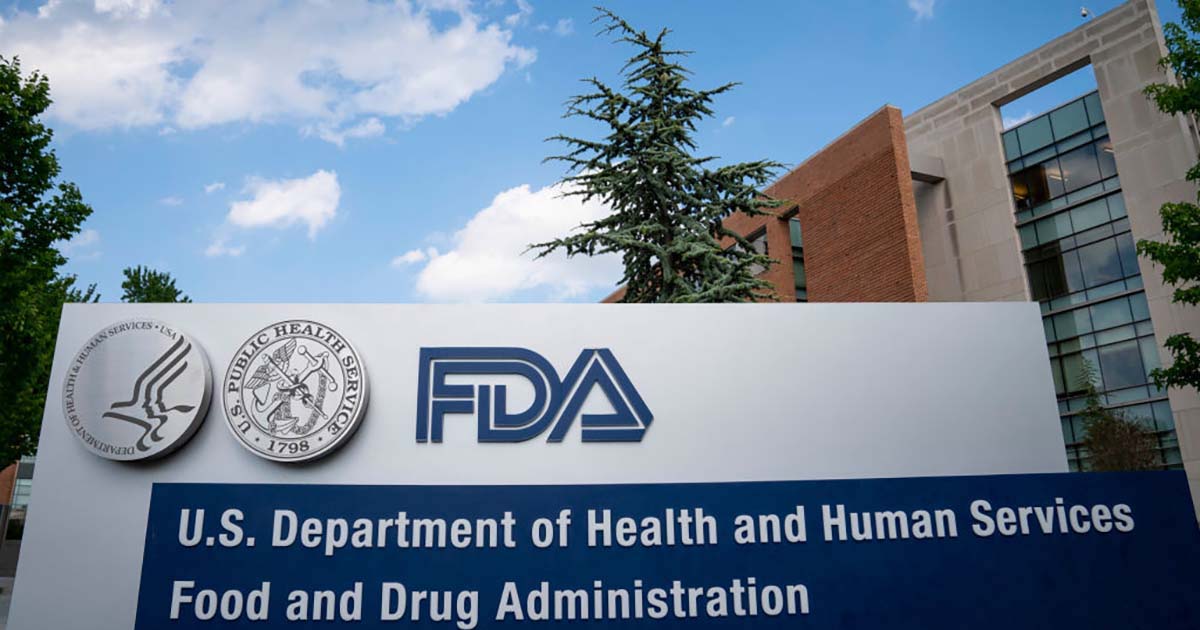Philips received a warning letter from the FDA in February, which the Agency posted on Tuesday, stating that an inspection of the tech giant’s manufacturing facility in Suzhou, China, that makes CT and ultrasonography systems revealed it was not in compliance with the Quality System Regulation’s good manufacturing requirements.
The FDA said an inspection of the facility in October showed the devices were “adulterated” in that the methods used in developing the products or in manufacturing, packaging, storage or installation do not conform to good manufacturing proactive requirements, according to the Code of Federal Regulations.
Specifically, the Agency said the company failed to “ensure validation of the injection molding process used by [the] supplier of the custom-manufactured Philips Incisive CT Patient Interface Monitor (PIM) data cable.”
Philips Incisive CT PIM is considered a medical device, and manufacturers like Philips are required to submit medical-device reports when becoming aware of a device potentially causing or contributing to a death or serious injury.
The Agency said Philips failed to submit a written report to the FDA of a correction or removal of a device, specifically regarding three violations: the PIM cable-connection failure that led to an ECG gating-signal loss/error, which could result in a delayed diagnosis; software defects resulting in upside-down or reversed images; and software defects resulting in image artifacts and incorrect image orientation.
Following the inspection in October, Philips responded to the FDA’s complaints, but the FDA said in the warning letter that those responses were insufficient and that Philips failed to supply adequate documentation to prove the appropriate changes were made.
Philips has 15 days to respond to the letter, which notes that other federal agencies may consider the company’s compliance when considering awarding it federal contracts.
THE LARGER TREND
Philips previously came under fire by the FDA, which said that 561 deaths have been reported since 2021 pertaining to the tech giant’s recalled ventilators and machines for treating obstructive sleep apnea.
Philips submitted 30 medical-device reports between 2011 and April 2021, eight from the U.S., associated with the foam in their PE-PUR machine breaking down or degrading.
Philips notified the FDA in April of 2021 of its intention to conduct a field action and formally submitted its Report of Correction and Removal in June 2021. The same year, Philips initiated a recall of over five million of its devices.
The company said in a statement that after releasing public comments about the recall, there was “an increase by approximately 20,500 MDRs filed by Philips Respironics to the FDA between April 2021 and April 2022. In the following six months through October 2022, Philips Respironics filed approximately 70,500 MDRs, and in November and December 2022, approximately 8,300 MDRs.”
At the end of January this year, Philips agreed with regulators to stop selling the PE-PUR and similar devices in the U.S.
Last month, a federal district court entered a consent decree against the manufacturer, requiring it to either partially refund patients impacted by the recall or provide them with a new or reworked/remediated device.
The decree also restricted Philips in producing or selling new CPAP machines, BiPAP machines and other devices at Philips’ facilities in California and Pennsylvania until certain requirements were met.
Earlier this week, the company released its first quarter earnings report, which included notification that Philips Respironics settled claims filed in U.S. courts, as well as potential claims submitted through the census registry.
The company will pay $1.1 billion to individuals who claim they were injured by the CPAP and ventilator machines, and payments are expected to be distributed in 2025.
